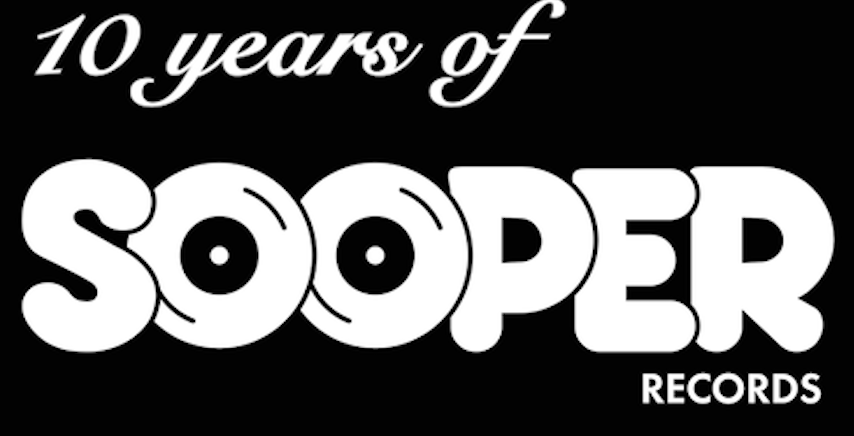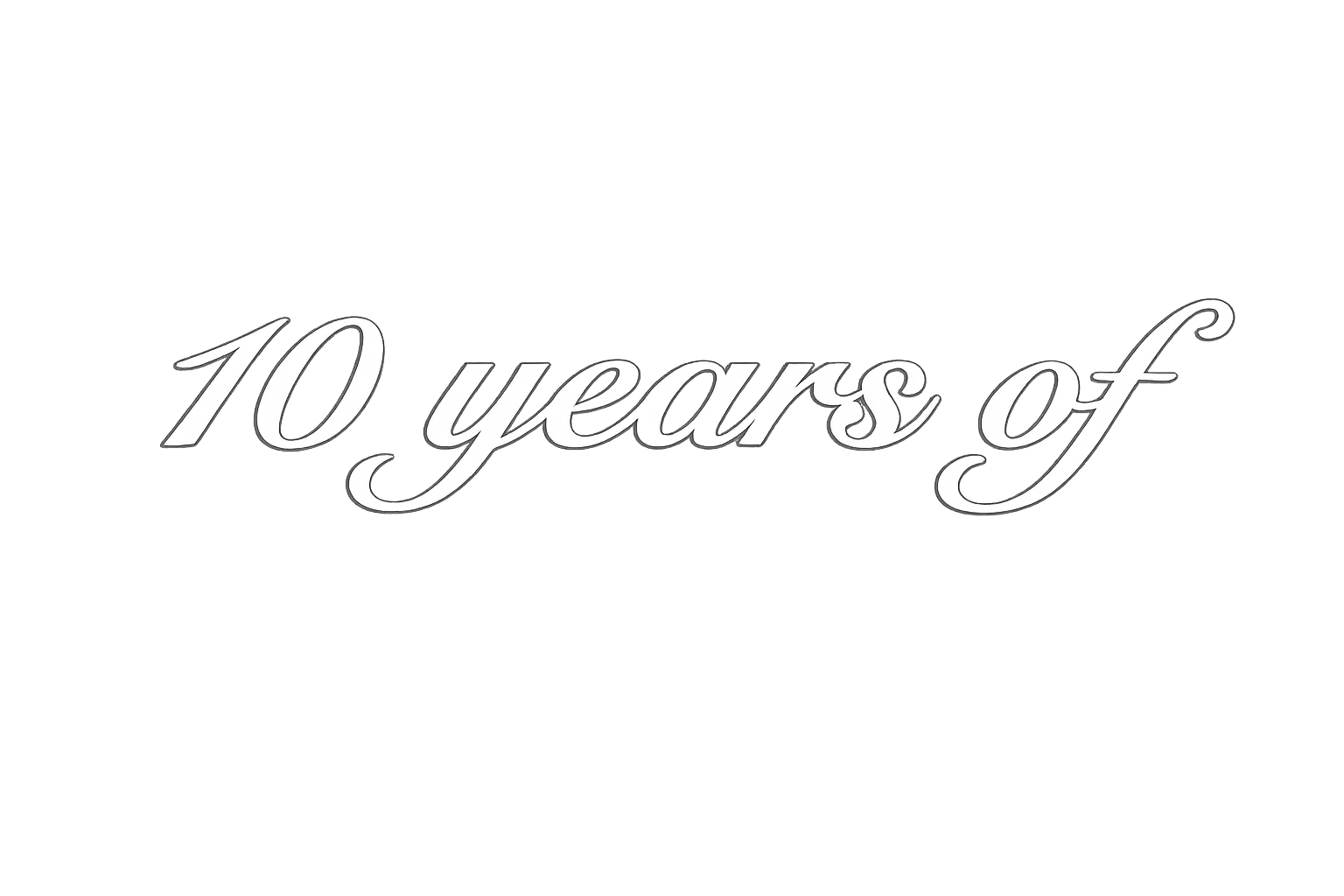SEN MORIMOTO's
third album Diagnosis sees him flip the script. After releasing two albums – 2018 debut Cannonball! and a 2021 self-titled follow-up – via his own Sooper Records, the artist signed to City Slang to co-release his third album alongside Sooper, and it came at a time of fundamental change.
With mental health discourse and artists’ trauma teetering between serving as positive forms of expression and becoming dangerous, exploitative selling points, the true and just recipient of your ire should be the systems themselves. Through writing introspectively on past albums, Morimoto set the groundwork to write Diagnosis from a different perspective. “I wanted to investigate those same questions, but outwardly towards the systems that govern us and to society at large,” he says.
The 12 tracks here, recorded at Chicago’s Friends Of Friends studio with a few close collaborators, skip between funky, bright jazz-pop (‘Bad State’), intricate guitar-based tracks with a Radiohead feel (“What You Say”) and orchestral wonderlands “Forsythia (レンギョウの旋律)". Highlight “Pressure On The Pulse,” meanwhile, is a devastatingly intimate, quiet song that then explodes into an exuberant, animated whirlwind of sax and drums. A chameleonic figure at the album’s core, he can rip out a sax solo, dive deep into intimate singer-songwriter territory and lead massive, roaring alt-pop songs with equal aplomb.
Morimoto describes his musical reference points for the album as “equal parts Funkadelic and Dinosaur Jr.,” and while these touchpoints can be heard all over the record, it doesn’t feel beholden to them, instead using their inspiration before moving beyond it
Their lyrics, meanwhile, zoom in on specific situations through which he crafts the album’s larger narrative. On “Forsythia (レンギョウの旋律)”, he uses the imagery of the tree which grew outside his house as a child in Japan to bask in the satisfaction of the greater self-understanding he possesses now as opposed to back then. “Pain,” meanwhile, discusses the scars that trauma and wounds can give us, while acknowledging that the vulnerability these experiences can bring ultimately lead to healing and greater self-understanding. Once again mixing the personal with the societal beautifully, the idea of the track came to Morimoto after he watched a QAnon documentary. Elsewhere, “Naive” concerns nostalgia’s ability to distort and simplify memories.
Through a global pandemic, swirling thoughts of defeatism and intermittent waves of inspiration, he interrogated these questions thoroughly and uncomfortably, radically transforming his own music and lyrics while almost unknowingly doing vital work on himself – and how he can impact the world – in the process. On Diagnosis, he sings of childhood, American identity, nostalgia and the insidious nature of late stage capitalism. All of it, Morimoto realized, pointed towards a fundamental change in his thoughts around how his music can intersect with his outlook on life and society, and that the two don’t have to be in direct competition with each other.
Though the product of one man’s internal reckoning, Diagnosis can – and should – prove a larger blueprint for others. It’s a guide with which to release your anger and understand yourself and the world a little better, all while freely admitting to possessing no concrete answers to the existential questions that plague our everyday.
This anger can still exist inside of you and prove useful, but it’s best when channeled towards the right recipients, through helping your community, and into great art. Diagnosis stands as a testament of this, and acknowledgement for Morimoto and others that, in order to find true meaning, you have to stop fighting the feeling and let it flow.









